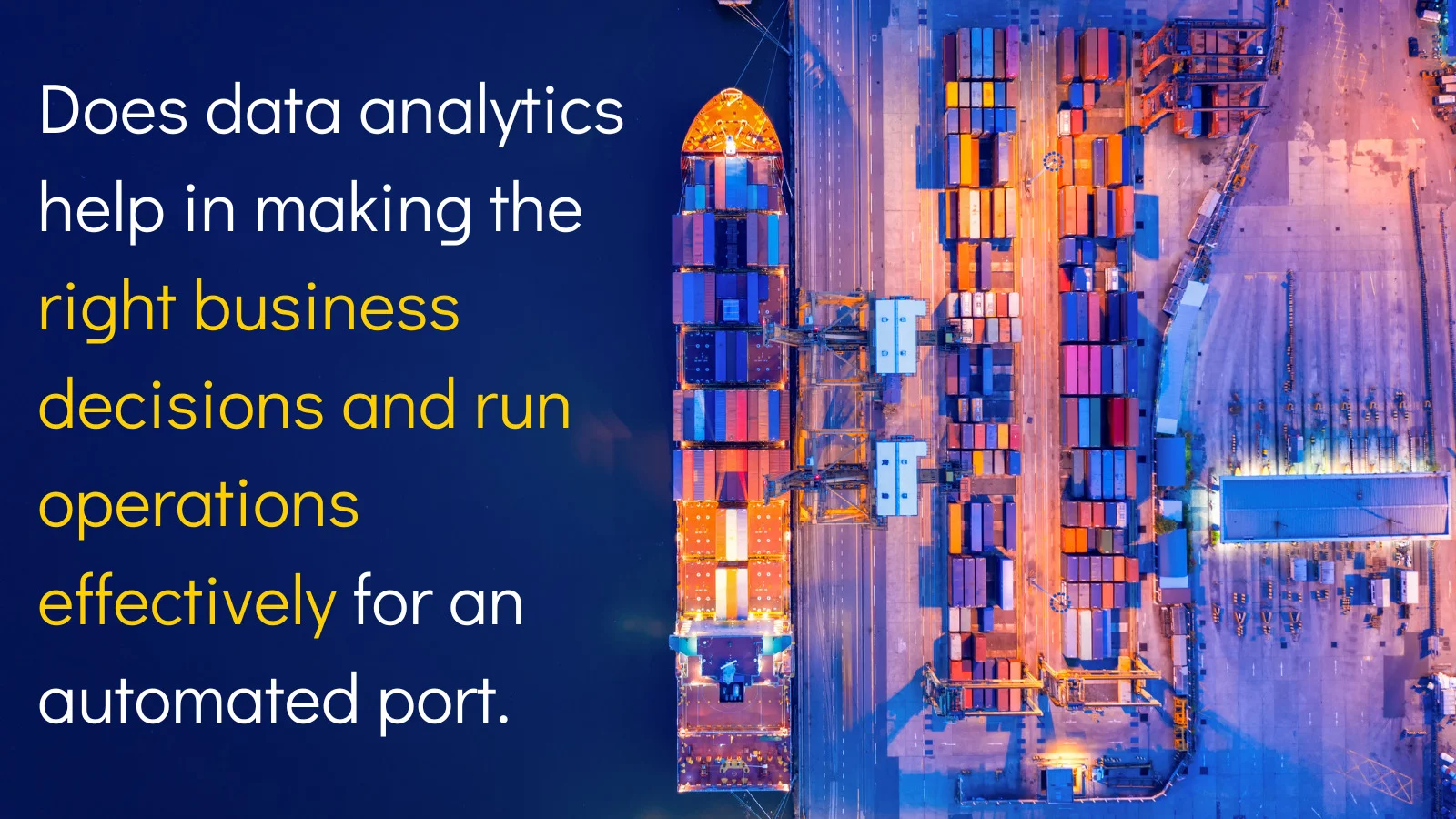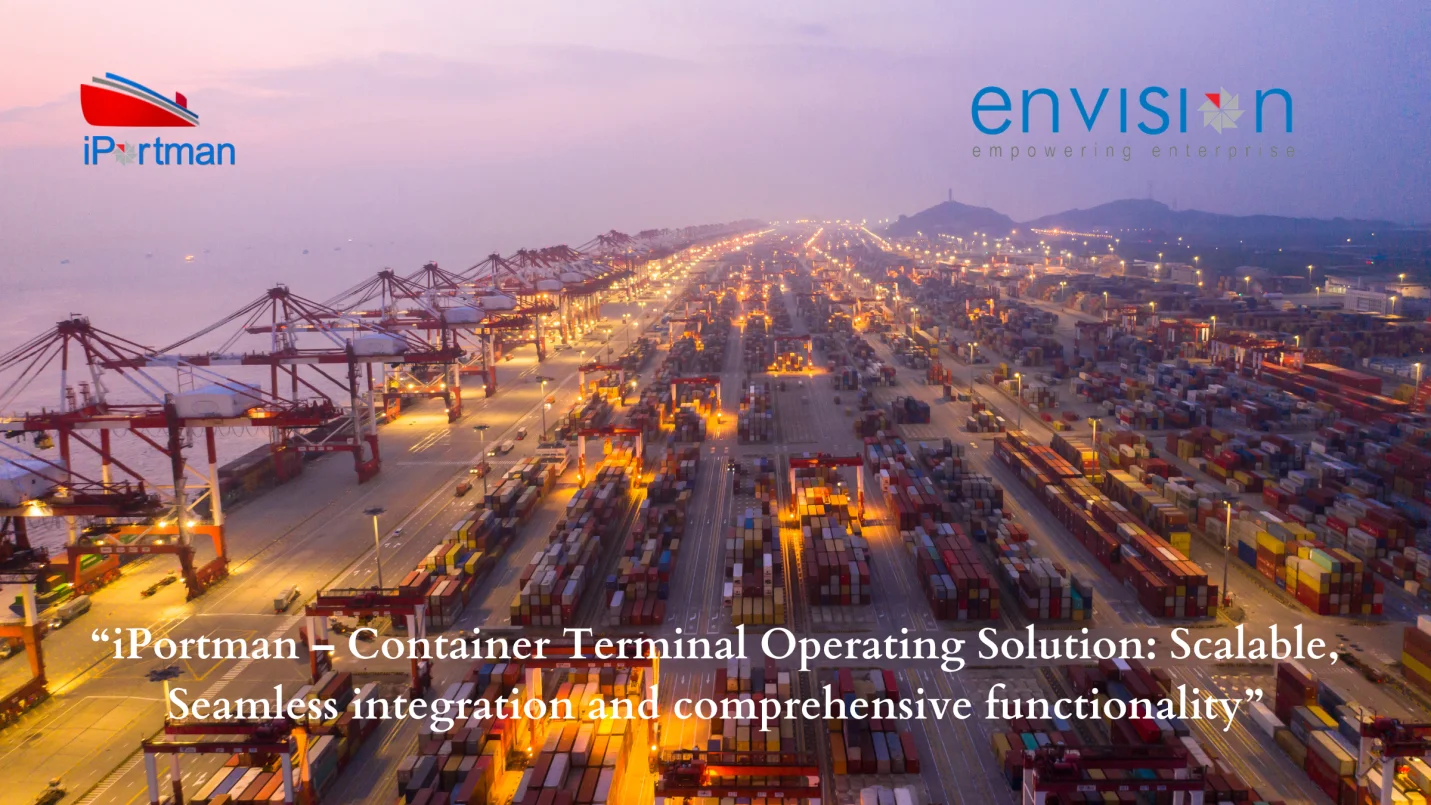Envision
How Technology Can Improve the Profitability of Small Container Terminal Operators

Table of Content
1. Introduction
2. Embracing Automation for Enhanced Efficiency
3. Digital Interface for Better Interactions
4. Customer Service in the Digital Age
5. The Digitalization Leap: IoT and Beyond
6. AI and Machine Learning: The Smart Move
7. The Conclusion
Small-scale container terminal operators are a crucial component of the intricate worldwide trade network. Despite their significance, these operators often encounter challenges including fierce competition, operational inefficiencies, and financial constraints. Nonetheless, technological advancements offer a beacon of hope. This article delves into how technology can aid these operators in enhancing their efficiency and profitability.
Embracing Automation for Enhanced Efficiency:
Small container terminals either ignore or cannot afford to invest in automation systems. With fewer vessel calls and low container volume per vessel call, small container operators are required to balance the cost and profitability. The easiest path is to go manual which reduces the operation visibility, tracking, and billable events. This directly impacts revenue and efficiencies. Missing billable event recording leads the revenue leakage. Good Container terminal operation not only improves the profitability but also reduces the operation cost.
Digital Interface for Better Interactions:
Manual gate operations without an advance gate appointment system, lead to chaos in the form of congestion and missing operations. Most of the vessel plans and data exchange happen through EDI and BAPLIE. SOLAS (Safety of Life at Sea) compliance requires communication of container weight through EDI. Importers and exporters expect to have online vehicle booking systems for smooth gate operations and timely movement of containers for export before the cut-off time. Similarly, import containers require an online portal for hold, release management, and tracking of container status. Best of the breed solution ideally suitable for small container terminal operations enables the terminal to interact with external stakeholders digitally.
Customer Service in the Digital Age:
Small container terminals often depend on a few large customers for the majority of their volumes. Large enterprise with mature automation systems expects a similar level of maturity with container terminals. This makes automation mandatory for small terminals to keep their large enterprise customer happy with the digital interface. Investment in a good solution is essential for better customer service.
The Digitalization Leap: IoT and Beyond:
The incorporation of the Internet of Things (IoT) into terminal activities marks a crucial stride in the journey toward digitization. IoT enables the real-time monitoring and management of containers, substantially reducing their dwell times. A study conducted by Port Technology suggests that IoT solutions can boost the efficiency of container handling by up to 25%. Furthermore, digitalization is making its way into administrative tasks, where the application of blockchain technology can enhance logistics by minimizing the burden of extensive paperwork and reducing inefficiencies.
AI and Machine Learning: The Smart Move
Artificial intelligence (AI) and machine learning are transforming operational strategy. AI can optimize container stacking and transportation by analyzing data trends, reducing the amount of effort spent rearranging containers. According to a Journal of Commerce research, AI-driven optimization can increase terminal throughput by up to 10%. Furthermore, predictive maintenance enabled by AI reduces equipment downtime, resulting in smoother operations.
The Conclusion
The way to profitability for small container terminal operators is to leverage technology. There are several prospects, ranging from automation and digitization to artificial intelligence and sustainable practices. By implementing these technology solutions, small terminals may not only compete but also establish new standards for operational efficiency and customer service.
Talk to us today to know how our solutions can accelerate your digital transformation
Let's Talk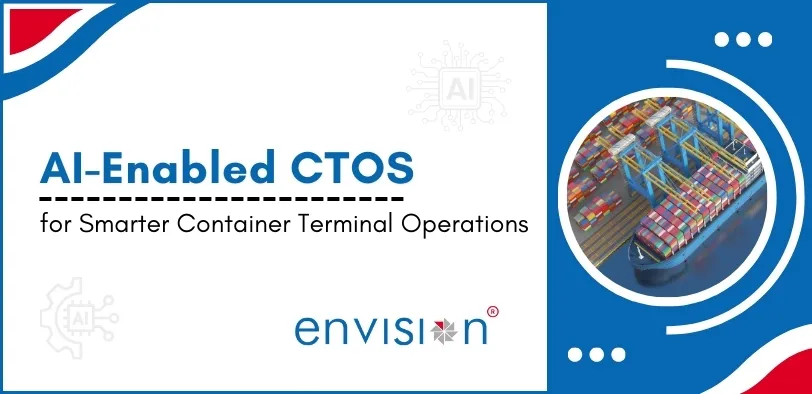
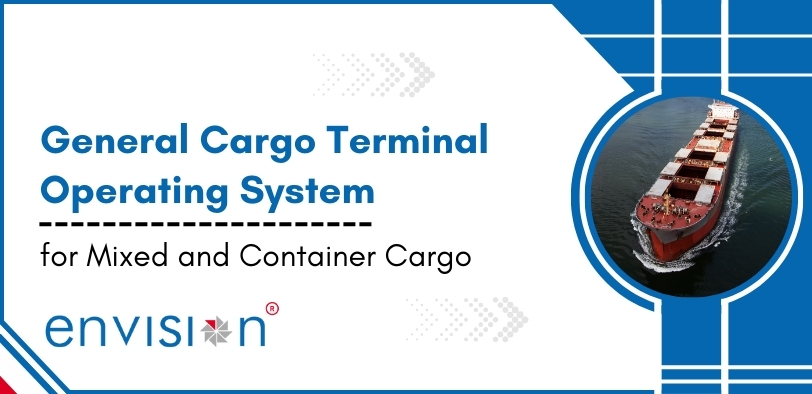
.webp)
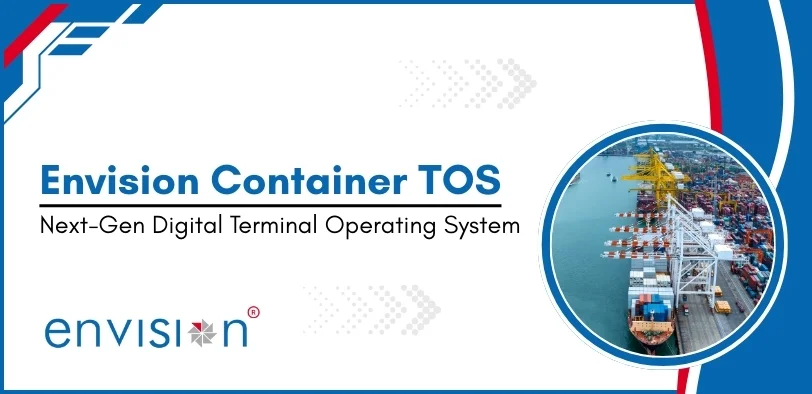
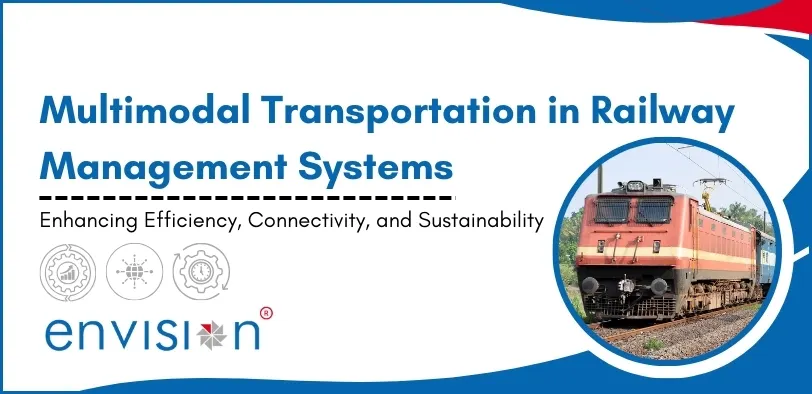


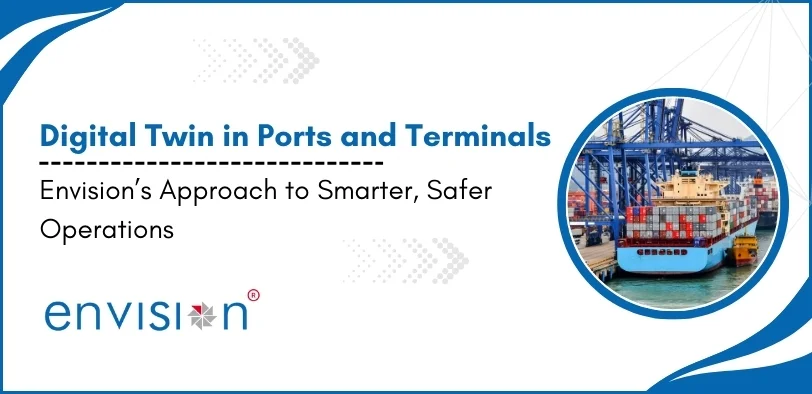
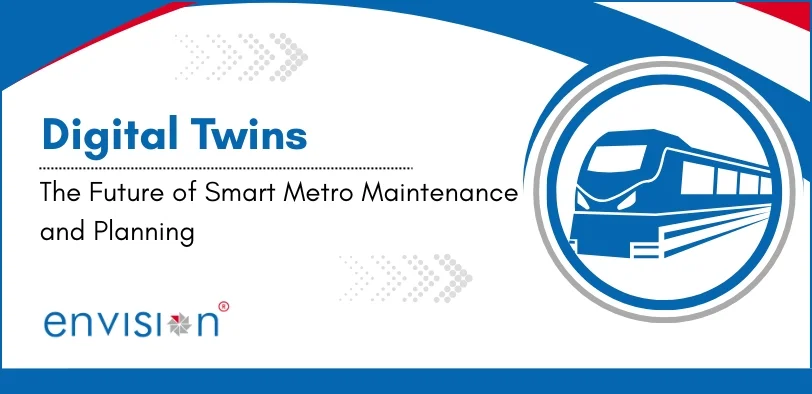
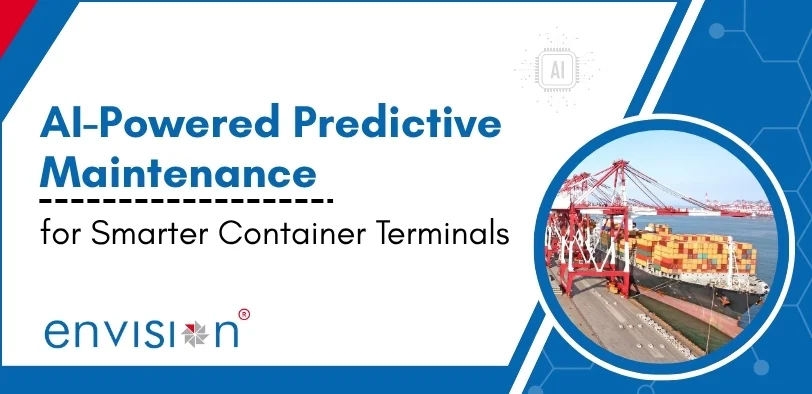
.webp)
.webp)
.webp)
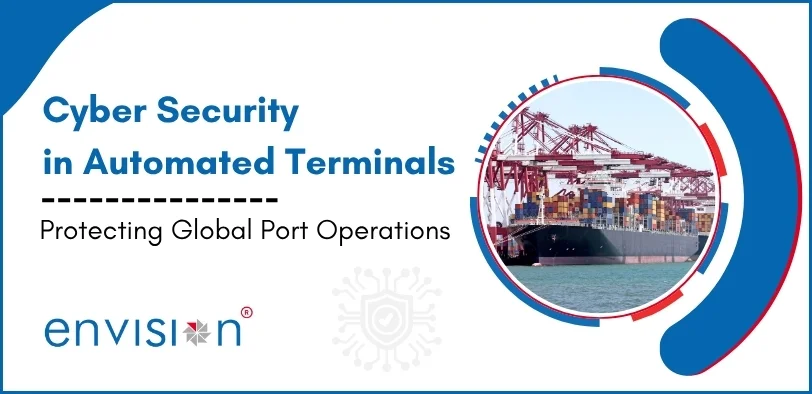
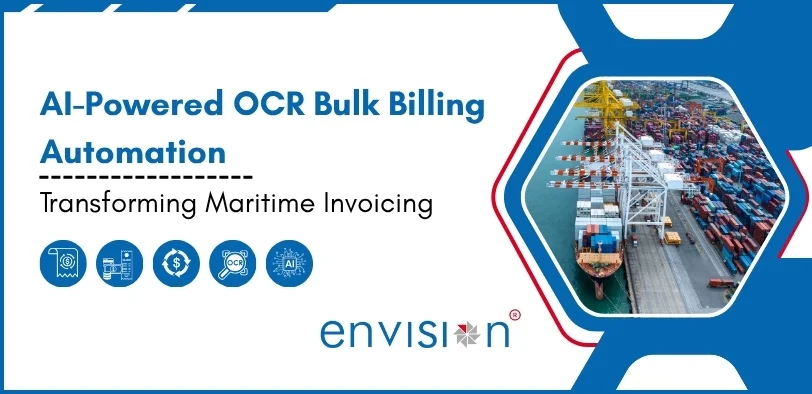
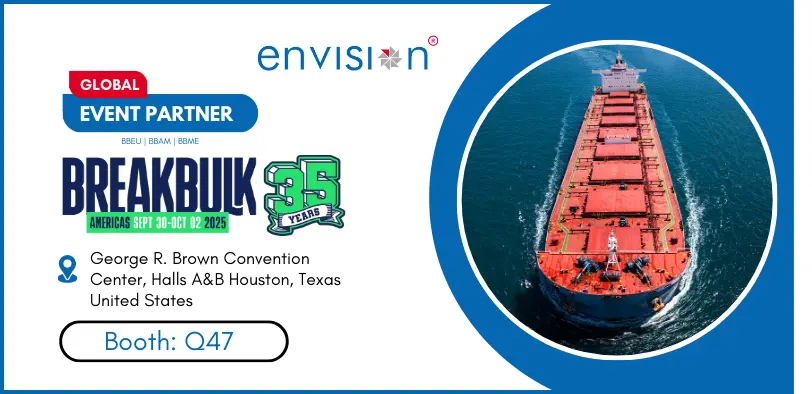
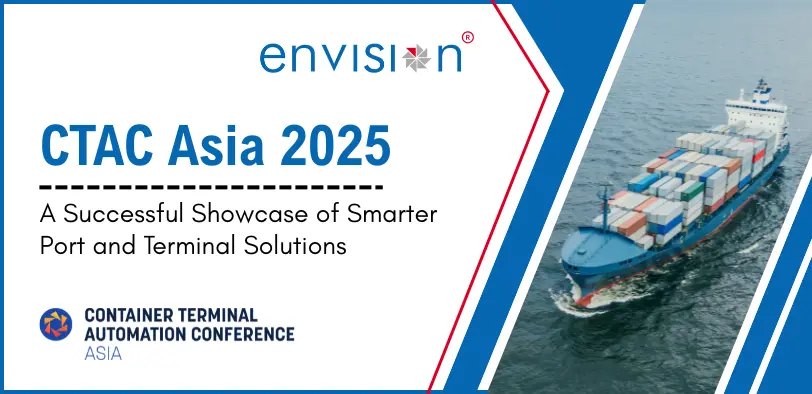
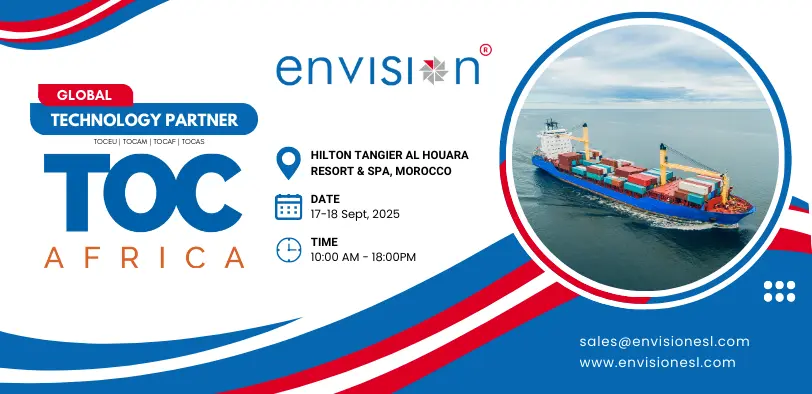
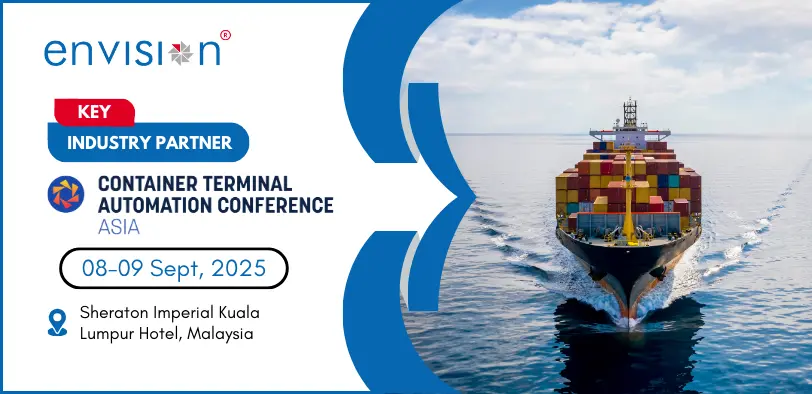
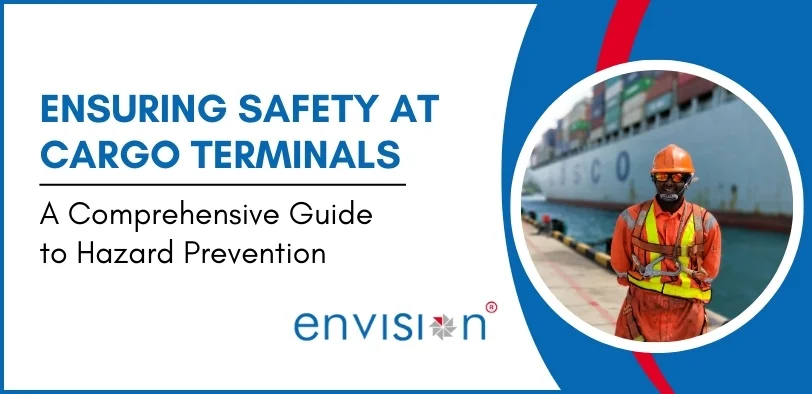
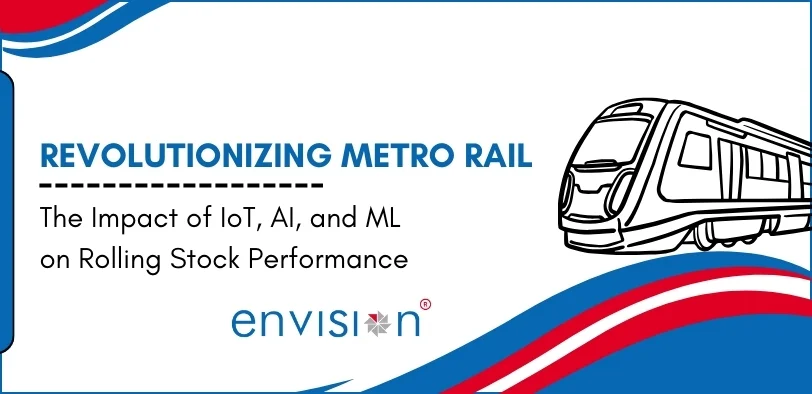
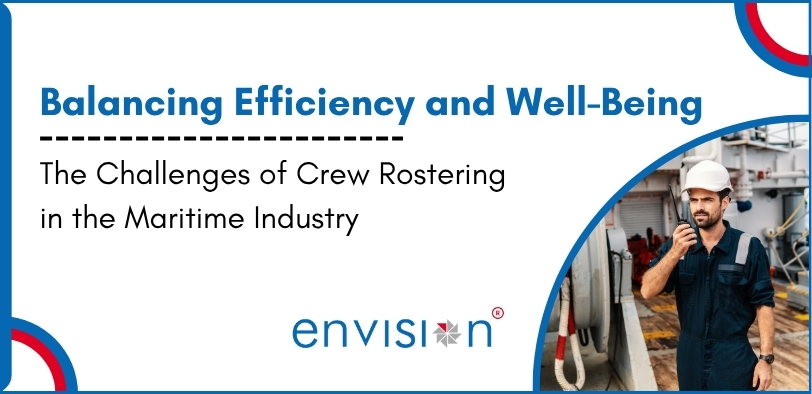
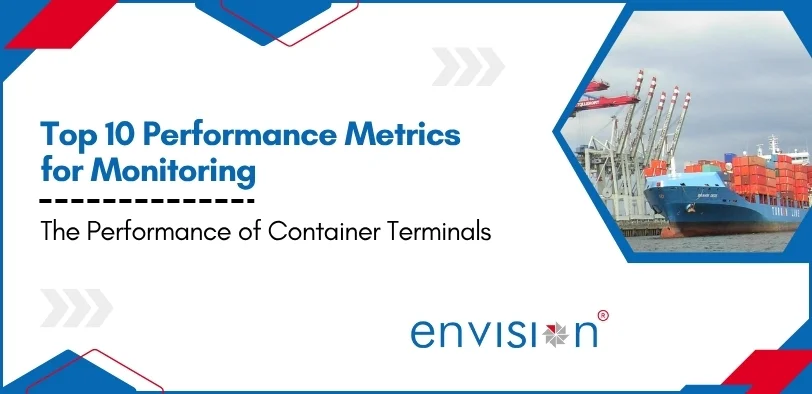
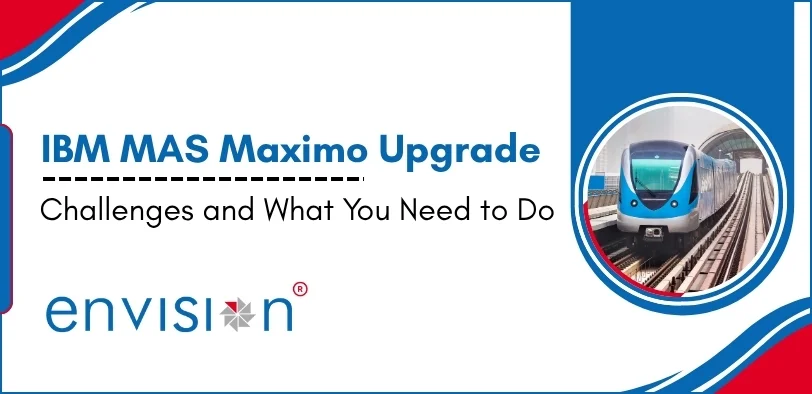
.webp)
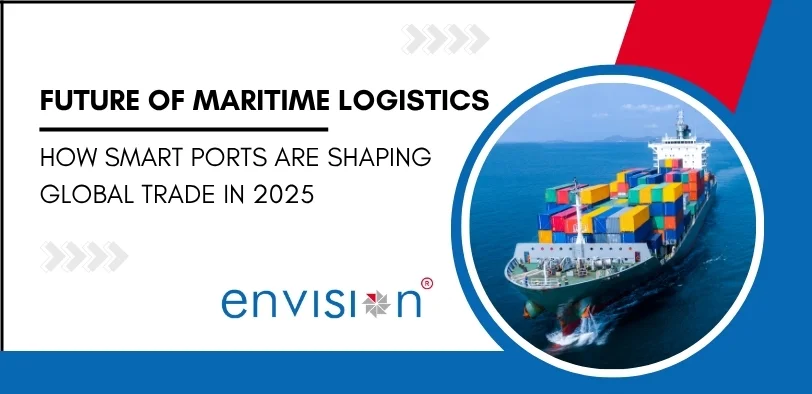







%20ver1_1.webp)







.webp)
.png)
.png)












